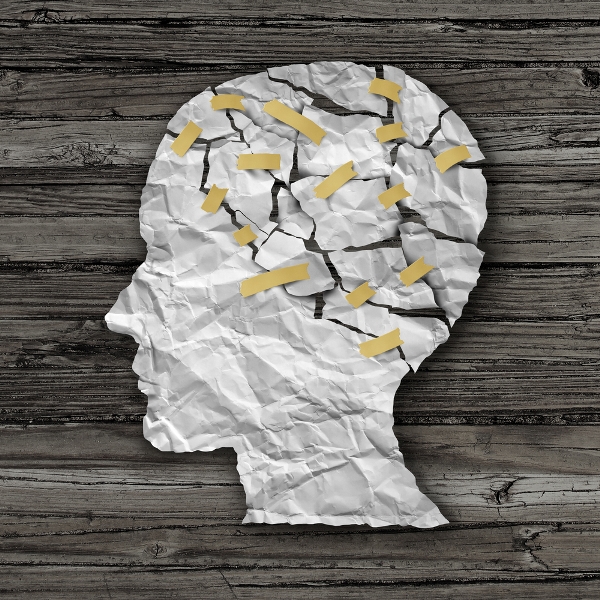
The Scripps Research Institute recently received two grants totaling $3.8 million to fund a five-year study into the specific brain mechanisms that suppress cocaine and alcohol addiction.
The research team, led by assistant professor of molecular and cellular neuroscience Nobuyoshi Suto, will be working off previous research to identify and study the relapse-suppressing brain mechanisms that occur when recovering addicts are presented with certain stimuli.
Previous research has shown that stimuli like the smell of alcohol or the sight of drugs or drug paraphernalia can trigger a relapse. But it has also shown that stimuli that tells the brain drugs are not available can prevent one.
“The risk of chronic relapse, even after long periods of abstinence, is a major issue in treating addiction,” Suto said. “If we can better understand these brain mechanisms that actively suppress—as opposed to promote—relapse, we may be able to develop a drug to enhance these mechanism[s] and maybe mimic those relapse-suppressing cues.”
Suto hopes to not only unlock the inner workings of how the brain deals with behavioral inhibition, but also find new treatment methods to help recovering addicts resist relapse.
